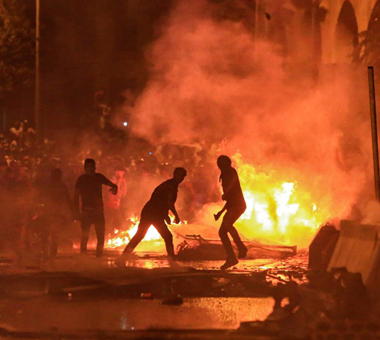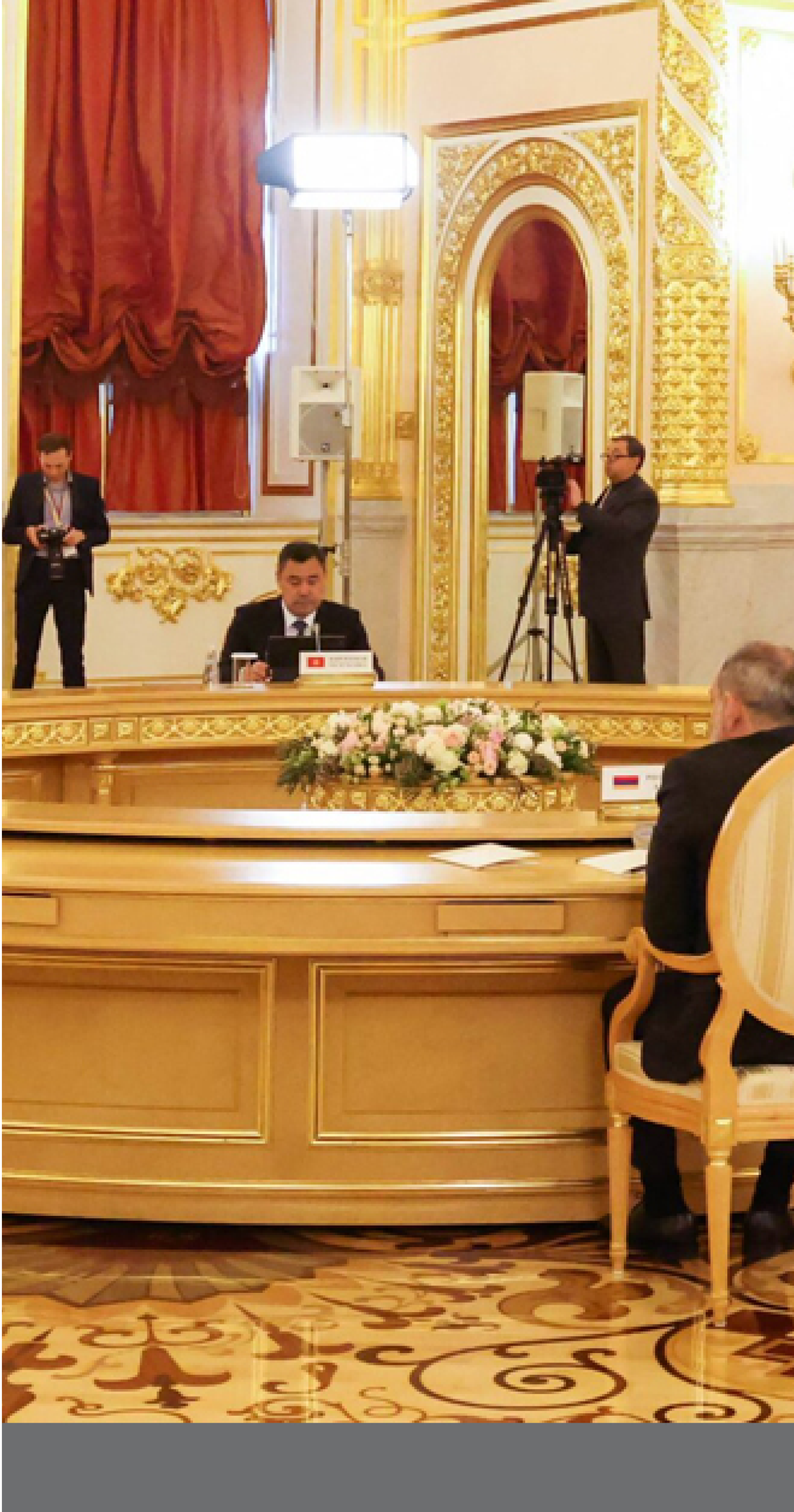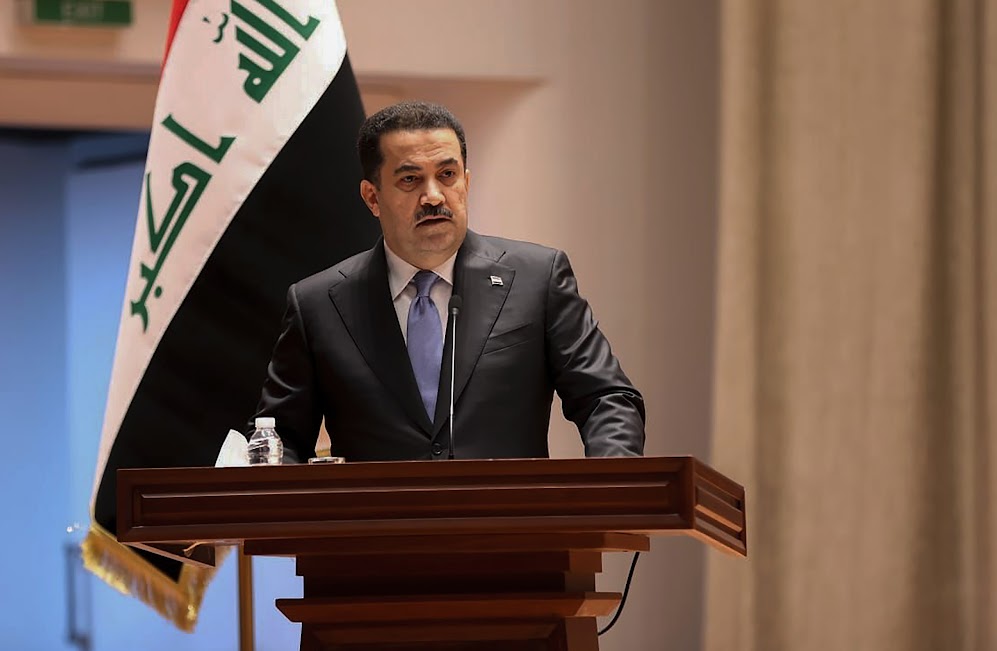With the complexity of the civil and service fields, many local crises have arisen in countries of different degrees of progress and development, reflected in the state of political-societal stability. These local crises, such as inflation, cyber threats, and terrorism are too huge to be solved even by the greatest Western countries.
If these countries promote to their peoples their quest to formulate a radical solution, then this would set an unachievable goal that weakens determination and confidence. Therefore, it is usual —and even necessary—to have disputes and differences between Western political parties regarding sensitive issues related to the living reality of the citizen.
The two main political parties in America, Republican and Democratic, are divided in many policies, including taxation. For example, the Republican Party wants to ease the tax burden on the rich and capitalists, while the Democratic Party wants to ease it for middle-income families and impose more fees on the rich. Assuming that the two parties freeze their activities until a compromise is reached, this could distort the tax system and deprive the state of the opportunity to benefit from tax disparities as well as the validity of partisan tax policies at some stages but not others.
There are also disparities in identity-related issues. Democrats are proposing the idea of pluralism, in which sub-components maintain their privacy. Each sub-identity recognizes the other under the umbrella of legal citizenship. Republicans advocate integration and dissolution of cultural differences under the umbrella of conservative American values that highly esteems the white Protestant man.
Despite this division, which was evident under former U.S. President Donald Trump, neither party has ever sought to work to formulate a “compromise solution” on these issues. This is because a solution, in such a situation, is close to being impossible. Seeking such a solution will turn into an absurd dialectical situation that charges the domestic environment, limiting the possibility of exploiting disparities to advance progress after stabilization.
Therefore, consensus in democratic logic is in the general framework as well as the rules governing it. But in political details and proposals, consensus should not be sought or required through agreement between the orientations of the political parties. Rather, it must be through acceptance of these divergences and differences.
If Western democracies do not seek solutions that achieve the concept of consensus, why do Iraq’s rival parties require a common formula of consensus to resolve their intractable crisis?
The contradiction of the quest for a solution lies in the fact that both parties (the Coordination Framework and the Sadrist Movement) recognize the impossibility of reaching a radical solution acceptable to both, yet they struggle, declare, and depend on progress on the political track to reach that solution.
This irrational quest carries great risks because a solution is difficult to come by and its absence puts the preservation of the state’s and society’s existentialism in doubt. Officials and politicians often warn that Iraq is poised for widespread turmoil.
Instead of continuing to seek an unachievable solution, which, if it happens, is “fragile and temporary,” the parties to the conflict and those who practice mediation efforts should think carefully about living with this political rift and adapting to its outcomes. Of course, talking about “agreeing on no-agreement” between the Iraqi parties faces challenges that are no less severe than “agreeing on a solution.” Most notably, the state does not monopolize exercising force and violence through its legitimate tools, the matter that undermines the most important duties and manifestations of an effective sovereign state, both domestically and externally.
Moreover, the crisis’ personal dimension hinders the agreement on no-agreement. Personalizing disputes and political hatred through past incidents and feeding supporters with enthusiastic speeches make it difficult for leaders to concede to supporters who are charged with a narrative that rejects concessions, making it difficult to promote a concession—if both sides so deem—to the grassroots.
One side escalates the demands, vowing to achieve them, in order to improve its negotiating position in the hope of dissuading the other to retreat first, while the other practices the same strategy. So, a negotiated settlement becomes determined by who retreats first, something that neither the parties nor their masses accept.
Procedurally, dialogue in good faith is the primary means of formulating a no-agreement agreement, leading to a phased roadmap in which both parties agree on the continuation of political actioneven if the contradictions are radical. This emphasizes the need to respect the rule of law and impose on state institutions the resolution of thorny issues, placing the utmost importance on regulating uncontrolled weapons and black-market gangs, dismantling the links of economic interests between some armed groups and these gangs, and combating the underground militia economy.
Does the Iraqi State Need a New Social Contract?
In theory, states are created by a social contract that regulates the relationship between political power and society. In post-2003 Iraq, the state struggles to consolidate the equation of citizenship based on the voluntary recognition of society and authority by adhering to specific rules that establish obligations and grant rights to both parties.
Since the appointment of the Coalition Provisional Authority, the difficulty of establishing this equation is due to a civilian ruler overseeing a transitional period through which powers were delegated to an Iraqi political authority. But the new authority did not absorb the structural changes into the new political structure. Thus, the ongoing turmoil in Iraq stems from the fact that the state is still in the post-2003 construction phase. A long path awaits it to stabilize its institutions and fortify its effectiveness.
Here, it should be questioned whether Iraq needs a new social contract that resets the relationship between all Iraqis at various levels. This renewal is not just a state process or a procedure; the Iraqi people are themselves pressing to change the structure of the state’s political and legislative classes, and even some of its institutions. Their demands target the social contract specified in the constitution, which is binding on all parties.
Therefore, Iraq’s national interest requires caution when discussing issues related to the political class and the social contract. The rhetoric and offensive discourse should not be escalated, if only as a precaution against unconsciously preparing the Iraqi mentality to slide into widespread turmoil.
Keep in touch
In-depth analyses delivered weekly.

Related Analyses:











